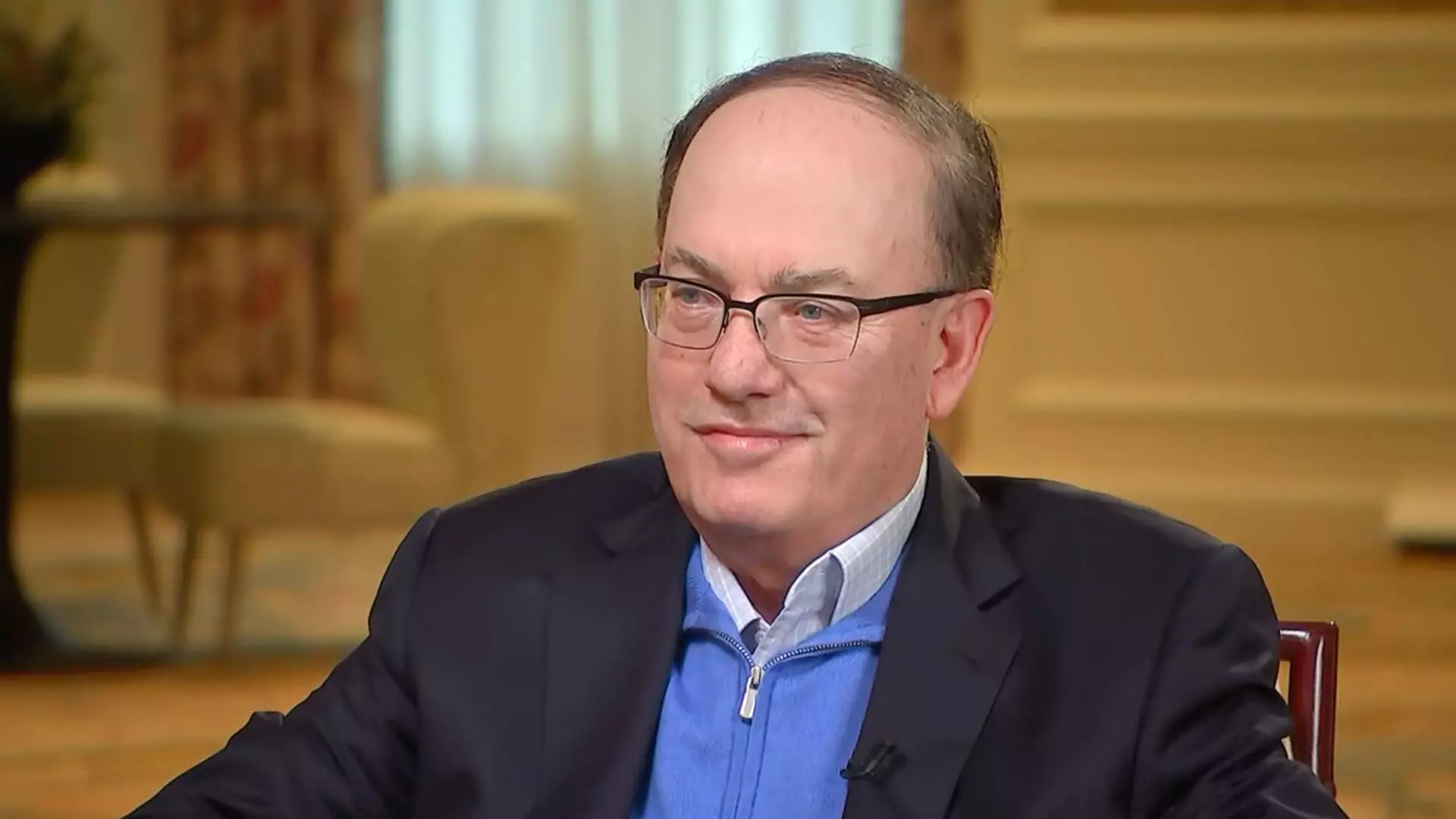Prominent billionaire investor Steve Cohen has expressed a notably grim perspective on the future of the U.S. economy, attributing his concerns to several intertwined factors. During the FII Priority Summit held in Miami Beach, Florida, he articulated his skepticism regarding the current trajectory of economic growth, pinpointing key contributors such as punitive tariffs, strict immigration policies, and reductions in federal spending. These, in Cohen’s view, form a trifecta that hampers economic expansion and consumer confidence.
Cohen’s critiques primarily center around President Donald Trump’s aggressive trade policies. He emphasizes that tariffs function as a tax on consumers, leading to inflated prices and stifling demand. By suggesting that these tariffs are inherently detrimental, Cohen urges a reevaluation of their economic validity. The investor’s assertion that “tariffs cannot be positive” serves as a stark reminder of the potential long-term repercussions of current trade strategies on the U.S. economy. The implications extend beyond mere cost increases; they threaten to curtail consumer spending, a critical driver of economic vitality.
Another significant issue Cohen raises is the administration’s stringent immigration crackdown. He argues that a slowdown in immigration will lead to a constrained labor supply, which is a crucial component for continued economic growth. With fewer workers entering the labor market, industries could face increased difficulty in filling positions, potentially impacting productivity and innovation. Cohen’s insights highlight a pressing concern about how demographic shifts can reshape the landscape of economic activity in the United States.
Cohen’s scrutiny extends to the current federal spending initiatives led by influential figures such as Elon Musk, particularly the efforts to cut federal spending by an ambitious $2 trillion. He warns that if this capital flow — which has stimulated the economy over many years — diminishes significantly, the resulting austerity could usher in more severe economic challenges. The broader implications of these spending cuts could be felt in various sectors, resulting in reduced public investment, which historically serves as a buffer during economic downturns.
As Cohen evaluates these emerging economic trends, he expresses concerns about a potential pullback in the stock market. Drawing on his experience, he forecasts a slowdown in U.S. economic growth, predicting a descent from 2.5% to a mere 1.5% within the latter half of the year. His commentary suggests that investors should brace for a possible “significant correction,” indicating that the market may experience volatility as economic fundamentals shift. Cohen believes this period marks a pivotal transition, as the greatest gains from the previous cycle may have already been realized.
Steve Cohen’s candid assessment serves as a clarion call for investors and policymakers alike to navigate the growing uncertainties shadowing the U.S. economy. His perspective reinforces the importance of understanding the interconnectedness of trade policy, labor supply, and federal fiscal strategies, urging a more comprehensive approach to economic management. As the landscape continues to evolve, stakeholders will need to remain vigilant and adaptable in the face of these formidable challenges.

